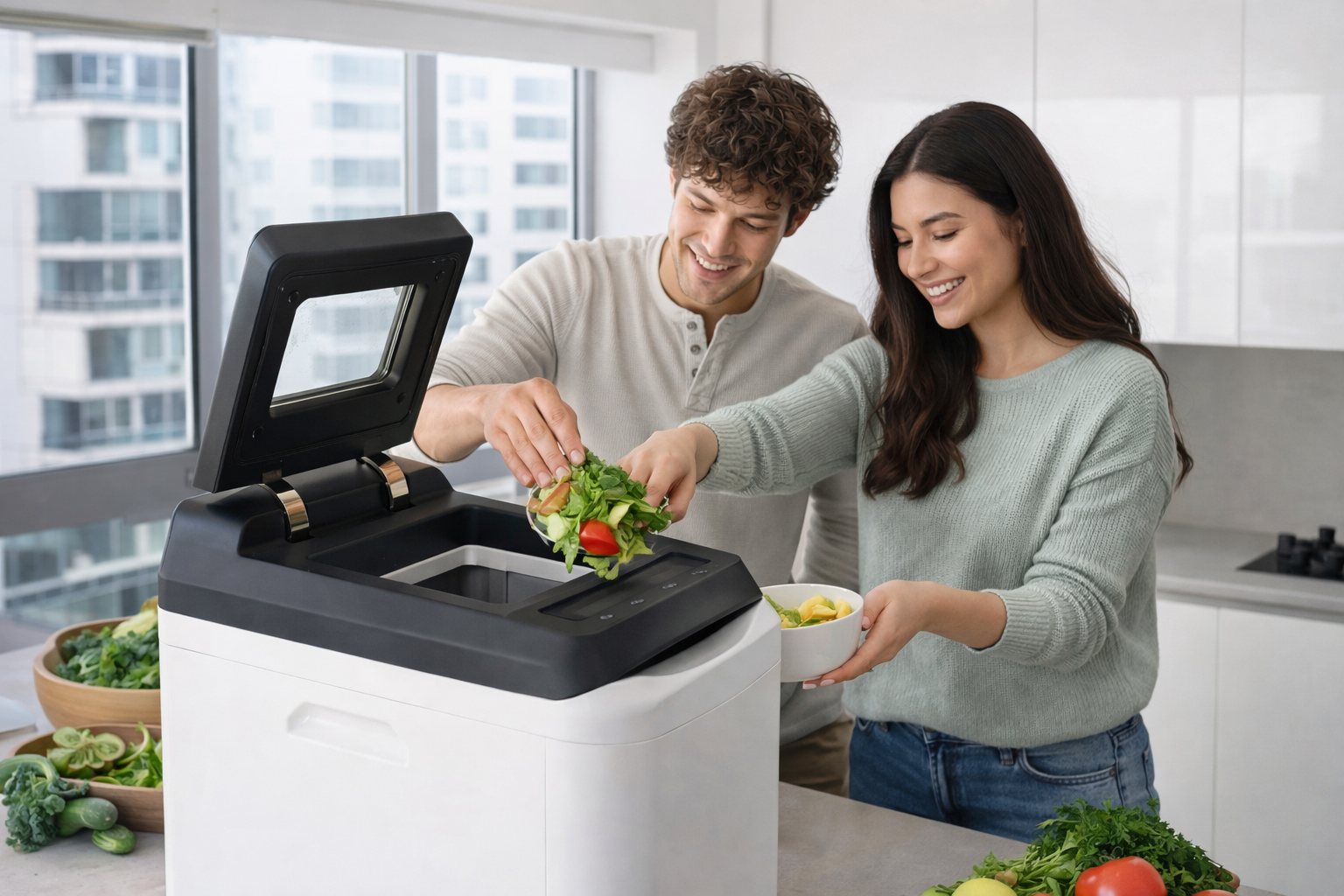Winter Composting Crisis: How the 2026 Bomb Cyclone Makes Indoor Composting Essential
The winter of 2026 is rewriting the record books. A historic bomb cyclone has unleashed a cascade of Arctic air, bringing freeze warnings as far south as Florida and promising some of the coldest temperatures the Sunshine State has seen in 15 years. For gardeners and eco-enthusiasts, this presents an immediate and frustrating challenge: how to compost at home when your backyard pile is a frozen, immovable block of ice.
A recent, poignant Reddit post titled "How do I turn my frozen compost pile?" captures the universal struggle. The user describes outdoor temperatures plunging between -10°F to 15°F (-23°C to -9°C) for weeks, rendering their pitchfork useless against a solidly frozen mass. This isn't just an inconvenience; it's a complete halt to the natural process of decomposition.
 (Image: NWS, Jan 27, 2026. While cold weather is currently impacting east central Florida, even colder conditions are forecast to start February. There is increasing potential for hard freeze conditions across east central Florida both Sunday and Monday mornings (Feb 1-2).)
(Image: NWS, Jan 27, 2026. While cold weather is currently impacting east central Florida, even colder conditions are forecast to start February. There is increasing potential for hard freeze conditions across east central Florida both Sunday and Monday mornings (Feb 1-2).)
This article is your definitive guide to navigating composting in winter. We'll dissect the science of why frozen piles fail, explore traditional methods for winterizing outdoor bins, and make a compelling case for the most reliable solution for serious composters: transitioning to a controlled, efficient indoor composter.






